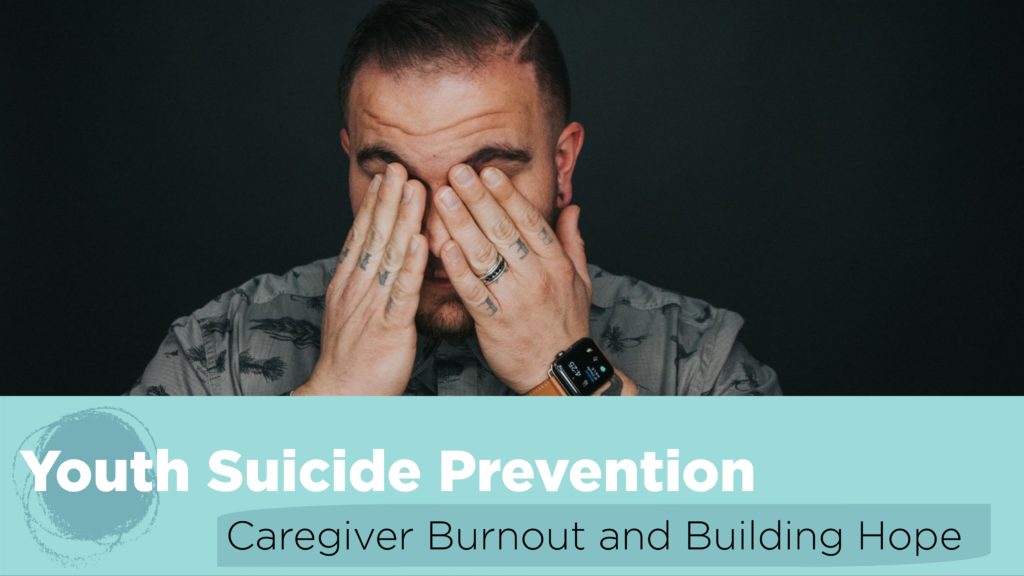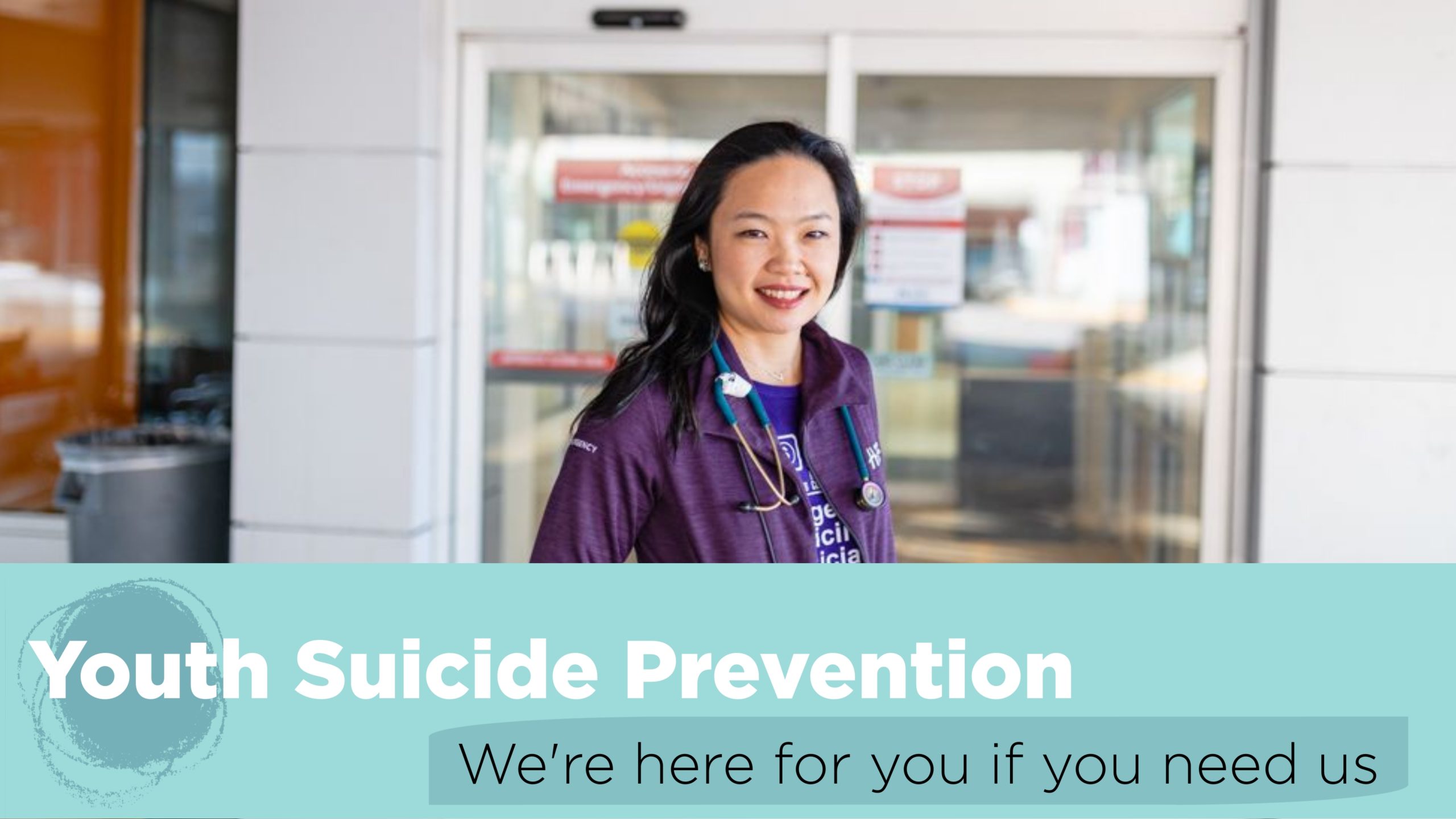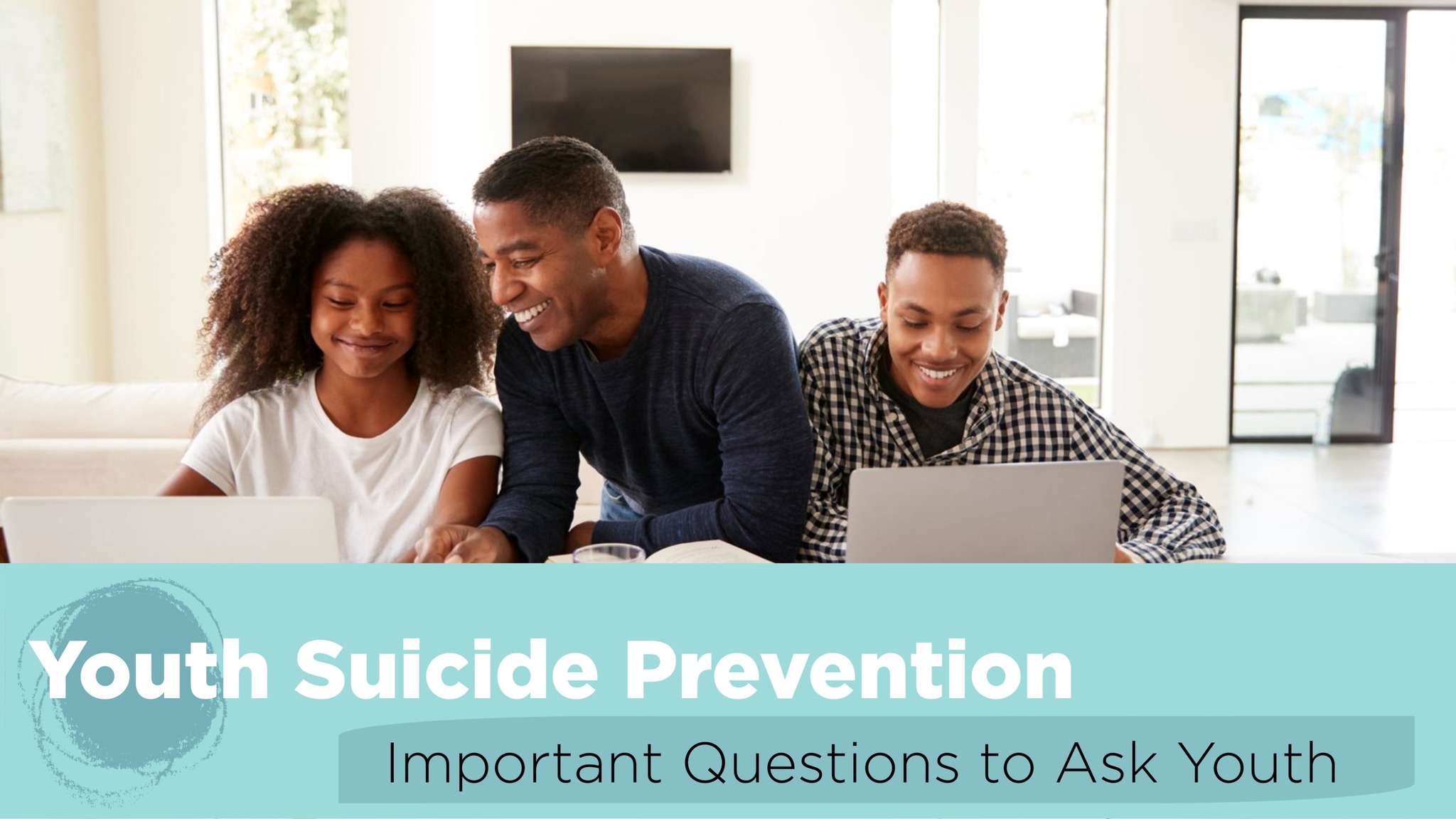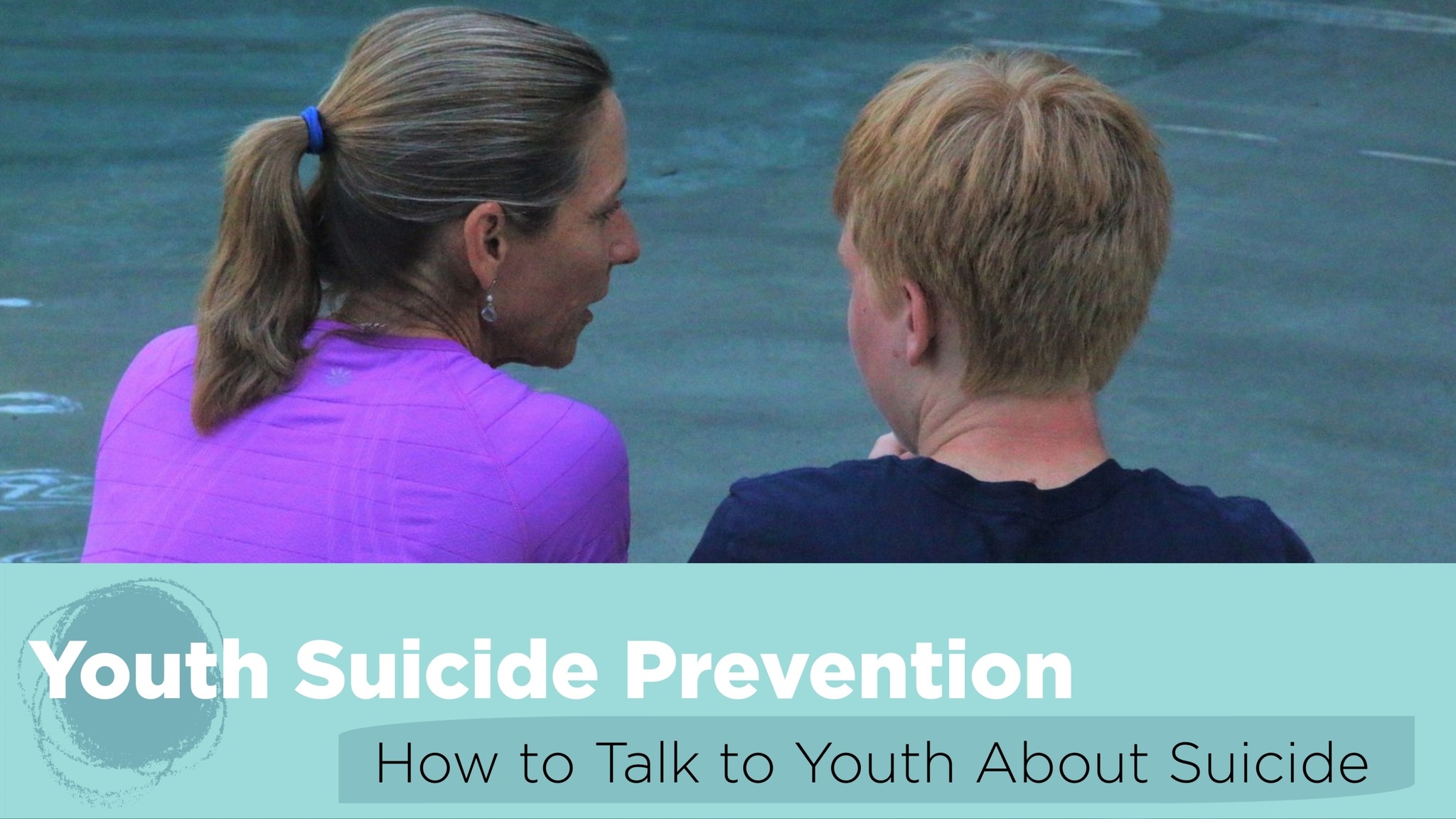
Youth suicide prevention series: Building confidence and hope for you and your child
By Amanda Dyson, clinical psychologist, McMaster Children’s Hospital Child & Youth Mental Health Program
Building confidence and hope for you and your child
This video is focused on acknowledging you and what you have been through and to help build hope for you and your young person.
We recognize how difficult it must have been over the past few weeks, months, or years supporting your young person and doing your best to keep them safe. We know that caring for a young person that has suicidal thoughts, is self-harming, and/or may have attempted suicide is physically and emotionally exhausting.
This can take a toll on your well-being but also take a toll on your marriage, your feelings about your parenting, sibling relationships, and the relationship you have with your young person.
We know it’s a paradox about feeling one way and showing your young person something else.
We also know that as caregivers, you experience lots of fears about what your young person is going through and are often worried about whether you can keep them safe. We can also imagine it may feel you are walking on egg shells around them because you are so worried that you may say or do something that will make things worse, and this may contribute to a suicide attempt; cause more relationship problems between you and your youth, or maybe you are just not sure about whether you are “doing it right” as a parent anymore because nothing seems to working.
Normal reactions
These are all completely normal reactions to an extremely difficult and not so normal situation. Many caregivers are also often feeling defeated because they have tried so many things and nothing seems to be getting better. Anger is also a very normal feeling too, because you are likely questioning why this is happening to your child and your family.
Showing up with confidence will help your young person see there is a way through their struggles.
While you are trying to search for these answers, it’s very likely that you may be putting some of this blame on yourself. Are you sometimes asking yourself, did I miss something? Could I have done something sooner? Of course you feel this way because you want to protect your child. When you feel as though you couldn’t do this, you take on full responsibility for how things could have been different.
The problem is that when you take this on, it can lead to feelings of guilt and self-blame, and make you feel so defeated that it takes away some of your confidence as a parent and maybe even sometimes feel like you are a failure as a parent. It is hard and painful to feel this way and can stop you in your tracks because you can feel burned out and not feel as though you have enough energy to move forward and do the thing you want to most, which is being able to support your young person.
Perhaps those well-developed caregiver instincts about how you want to take care of your young person are also hard to hear because the “noise” of everything else going on around you is too loud. Just recognizing and labelling these feelings that you may be experiencing can be a first step in providing you with some relief and making space to help you build your confidence up to continue supporting your young person.
Imagine this
When you are feeling defeated and less confident about being the right person who can give your young person what they need I want you to imagine this:
Imagine you are standing at a river crossing and there is only one way to cross which is through the fast running, freezing rocky rapids and it’s such a long way to the other side. It looks impossible and frightening. Imagine in this moment if you looked at your young person and they saw this fear in your eyes, your face, your body. The presence of fear is so powerful that they would feel that fear too – and that crossing the river is impossible – that they surely can’t make it.
We know it’s a paradox about feeling one way and showing your young person something else. If you can do this and hide this fear just for a few moments, enough to grab their hand and say “let’s go,” it will help them feel that this crossing is not impossible and that they can make it across with your help. This also can help them feel less scared about what’s in front of them and more hopeful, too.
Your presence matters
The bottom line is, your presence matters. We know that at times you may not feel confident supporting your youth. However, showing up with confidence will help them see there is a way through their struggles. It’s the biggest gift that you can give them and it can help them feel hopeful about their future.
Lastly, I want to leave you with the message that you don’t need to have it all figured out and be so many steps in front of your young person. You only need to be one inch in front of them so you can catch them if they fall. When they catch up, you can figure out your next move and step forward just one inch again.
Caregiving for a young person is difficult in the best of circumstances. Concerns about their mental health and safety make it even more challenging to be as effective as you want to be as caregivers. Our children’s behaviours and our emotional histories can combine to sometimes unintentionally reinforce their negative coping patterns and this can contribute to caregiver burn-out. For more information about this philosophy and Emotion Focused Family Therapy (EFFT) which is the foundation of caregiver support in our program, please visit mentalhealthfoundations.ca.
If you or your child is experiencing a mental health crisis, call 911 or go to the nearest emergency department. You may also call a crisis line, listed below. To connect with public mental health services in your area, please contact your family doctor to consider your options. Some options for children up to 18 years old are listed below. In some cases, self-referral is possible.
Community Resources
CANADA-WIDE: Available 24/7
- Kids Help Phoneline 1-800-668-6868 Text and Live Chat options: https://kidshelpphone.ca/
- LGBT Youthline 647-694-4275 Live chat messaging available: https://www.youthline.ca/
- Trans LifeLine (All Ages) 1-877-330-6366
- Canada Suicide Prevention Service (CSPS) 1-833-456-4566
- First Nations and Inuit Hope for Wellness 1-855-242-3310
- Canadian Indian Residential Schools Crisis Line 1-866-925-4419
HAMILTON
- Crisis Line: COAST 905-972-8338; Toll Free: 1-844-972-8338 Answered 24-7
- Connection to public mental health services (0-18 years old): CONTACT Hamilton 905-570-8888 or info@contacthamilton.ca
BRANT/BRANTFORD
- Crisis Line: St. Leonard’s Mental Health Crisis Line 519-759-7188; Toll Free: 1-866-811-7188 Answered 24-7
- Connection to public mental health services (0-18 years old): CONTACT Brant 519-758-8228 or information@contactbrant.net
HALDIMAND NORFOLK REGION
- Crisis Line: Haldimand Norfolk REACH 1-866-327-3224 Answered 24-7
- Connection to public mental health services (0-18 years old): CONTACT Haldimand Norfolk 519-587-2441; Toll Free: 1-800-265-8087 x. 350
NIAGARA
- Crisis Line: Pathstone Crisis Support Line 1-800-263-4944 Answered 24-7
- Connection to public mental health services (0-18 years old): CONTACT Niagara 905-684-3407 or info@contactniagara.org
HALTON
- Crisis Line: ROCK Crisis Line 905-878-9785
- Connection to public mental health services (0-18 years old): Reach Out Centre for Kids (ROCK) 289-266-0036



